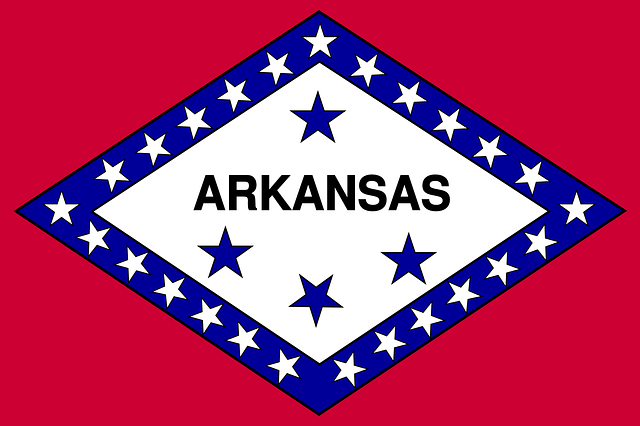Share This Article:

Do You Know the Rule?
General rule
A mental injury or mental illness is compensable in Arkansas, but only if it is caused by physical injury to the employee’s body.
What are the specific requirements for compensability?
To be compensable, the claimant has to show:
- That the mental injury or mental illness was caused by physical injury to the employee’s body;
- The mental injury or illness was diagnosed by a licensed psychiatrist or psychologist; and
- The diagnosis meets the criteria established in the most current issue of the Diagnostic and Statistical Manual of Mental Disorders.
How long can a claimant receive benefits?
In the case of a claim based on mental injury or illness, the employee is limited to 26 weeks of disability benefits.
Wanna dig into compensability in Arkansas or the rest of the U.S.? Dig into Simply Research
If the claimant dies as a result of the mental injury or illness, is the death compensable?
There are two possibilities:
- The death occurred within one year. It is compensable in this case if it the death resulted directly from the mental injury or illness. If so, compensation will be paid to the worker’s dependents.
- The death occurred one year or more from incident resulting in the mental injury or illness. In this case, the death is not a compensable injury.
What if the claimant’s mental injury resulted from witnessing another person’s physical injury or death?
The physical injury must be one which is sustained by the claimant. Mental injury resulting from watching someone else get physically injured isn’t compensable.
What are some examples of mental injuries that may be compensable?
An employee suffers a back injury at work and experiences long-term chronic pain as a result. The pain causes him to feel hopeless and a psychiatrist diagnoses him with depression in accordance with the latest DMS criteria.
An employee developes diagnosed PTSD as a result of being struck by a vehicle driven by a coworker on a jobsite.
What are some case examples?
The court sustained the denial of benefits to a claimant who asserted a mental injury. The Commission found that, although the claimant was diagnosed with depression and PTSD, he did not demonstrate that the diagnoses were the result of his compensable physical injuries. Rather, his mental injury was related to a confrontation he had with his supervisor shortly after the injury, stress related to his legal representation, and trust issues as a result of living in a high crime area. Bronco Indust. Services v. Brooks, No. CV-20-18. (Ark. Ct. App. 06/16/21).
Because the claimant’s medical evidence did not meet the established criteria for depression in accordance with the DSM-5, the claimant did not meet her burden of proving that she had a compensable mental injury (resulting from her back injury) under the workers' compensation statutes. Lincoln Pub. Schs. v. Seacrest, No. CV-16-2. (Ark. Ct. App. 08/08/16).
The court affirmed the denial of a claim where a truck driver’s mental anguish was not the result of his physical injuries. Rather, it was the result of anguish over the driver of the other vehicle who was killed in the accident. Amlease v. Kuligowski, No. CA 97-495. (Ark. Ct. App. 13/17/97).
AI california case file caselaw case management case management focus claims compensability compliance compliance corner courts covid do you know the rule employers exclusive remedy florida glossary check Healthcare hr homeroom insurance insurers iowa leadership medical NCCI new jersey new york ohio pennsylvania roadmap Safety safety at work state info tech technology violence WDYT west virginia what do you think women's history women's history month workers' comp 101 workers' recovery Workplace Safety Workplace Violence
Read Also
About The Author
About The Author
- Chris Parker
More by This Author
Read More
- Feb 26, 2026
- Frank Ferreri
- Feb 25, 2026
- Liz Carey
- Feb 25, 2026
- Anne Llewellyn
- Feb 24, 2026
- Chris Parker
- Feb 24, 2026
- Frank Ferreri
- Feb 22, 2026
- Frank Ferreri




